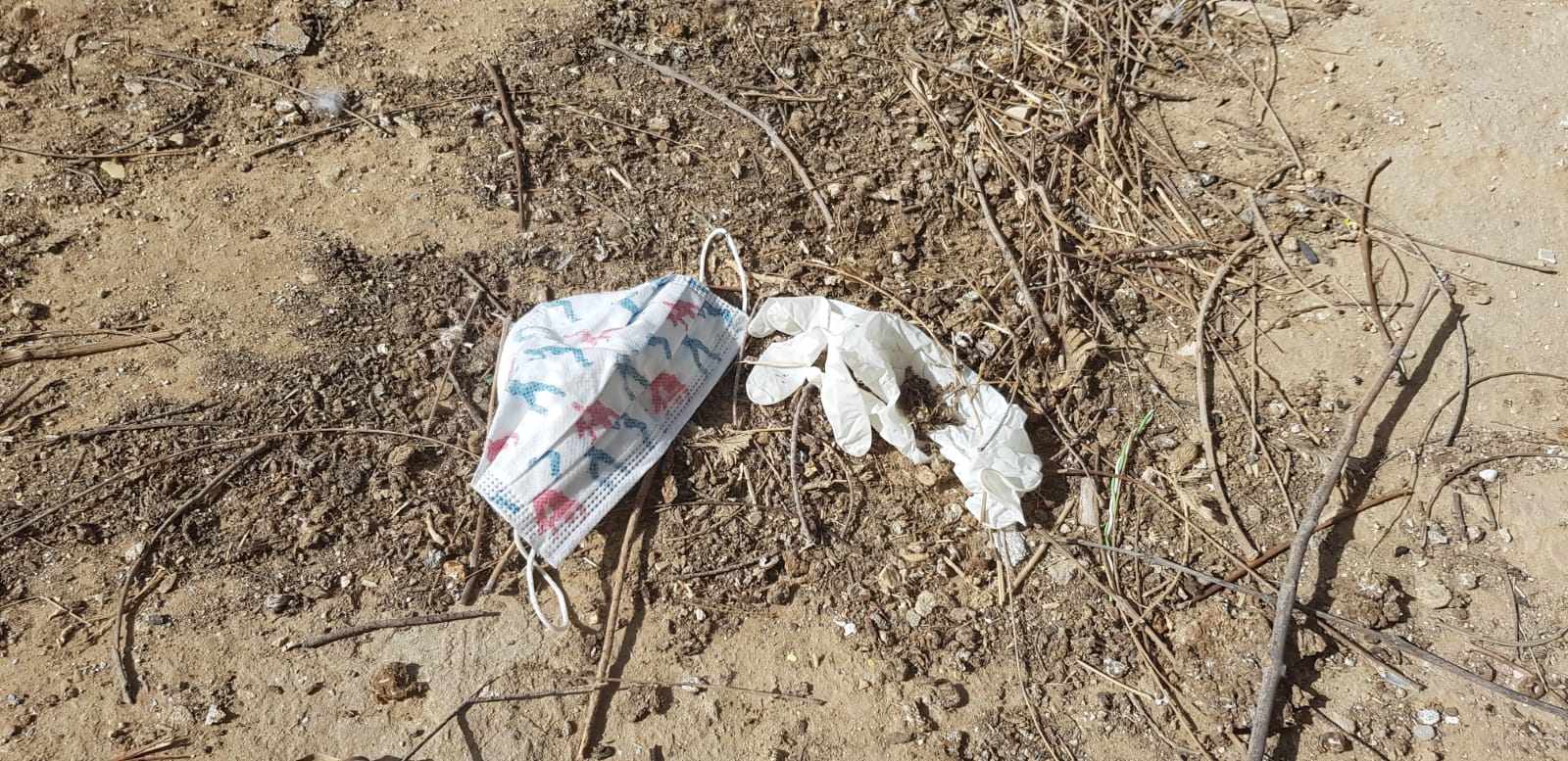Climate Action


Home » Climate Action » SDG 13 -Environmental Issues Make a Comeback
SDG 13 -Environmental Issues Make a Comeback
The jury is still out on whether or not coronavirus restrictions helped or harmed Israel’s environmental protection efforts. On the one hand, data seems to indicate a noticeable decline in air pollution during this period. On the other hand, the skyrocketing use of rubber gloves, face masks and plastics threaten to overwhelm degradable rubbish goals.
Whatever the ultimate answer, the bigger question for Israel remains: can it jumpstart pre-crisis environmental protection efforts?
Plastics is an ideal place to consider this question. In the past two years, Israeli authorities were optimistic about progress being made in significantly reducing the use of plastics; in 2017 the Environmental Protection Ministry pushed through legislation that had reduced plastic bag use by 80%; then, in late 2019, the country saw an upswing in the number of municipalities and private firms actively eliminating their plastics use in schools and the workplace.
Having said that, official estimates indicate that between 70%-90% of Israel’s marine pollution comprises non-degradable plastics. About 60% of rubbish strewn along Israel’s shores originate with the public; during the recent crisis, people continued to litter the shores with refuse of this and other types.


In their recent “Ha’aretz” (in Hebrew) op-ed , the heads of two Israeli NGOs – the “Zalul”, environmental organization and the Heschel Center for Sustainability – express their view that the crisis is not a harbinger of a trend toward the earth’s rehabilitation; on the contrary. In the local context, they criticize what they view as the country’s leanings toward decision-making that runs diametrically opposed to environmental (and health) requirements.
Among the issues they raise, the authors direct criticism at a government plan to invest in waste incineration plants; in their view, the plants will encourage continued production of plastic waste and will also prevent the advancement of a circular economy promoting sustainability.
Since taking up her position in the past month, Israel’s new Environmental Protection Minister has projected an intention to upgrade efforts in the direction called for by the op-ed authors (similarly, the Energy Ministry has just raised the target for renewable energy from 17% to 30%).
In this context, the Minister announced the contours of an “Israeli Green Deal,” a corona crisis exit plan emphasizing the following aspects: promoting circular economics and resource management, advancing cleantech technologies, and reducing air pollution from transportation. She also met recently with representatives of environmental organizations to review issues of concern.
Ambassador Gideon Behar, Israel’s Special Envoy for Climate Change and Sustainability (in the Ministry of Foreign Affairs), believes that Israel is well positioned to act on the global stage for a concerted effort to advance environmental protection. As he recently wrote:
“Israel must make an institutionalized and economic decision to advance the issue of climate change in a proactive, organized, and systematic matter by synthesizing all the different sectors involved, from government and the private sector, through to academia and civil society.”
Approaching World Environment Day (June 5), and in the spirit of SDG 13 (among others), Israel should act quickly to prevent regression in its environmental protection fight at home as well.
Related articles


SDG 13 – What’s New Under the Climate Action Sun?
Climate Action It’s that time again: the UN Secretary General reiterated his warning about the worsening climate crisis to the annual General Assembly in New


SDG 13 -Climate Crisis: “Collective Suicide”
Climate Action Signs of the ongoing tragic deterioration of our planet are all around us; no need for much of an effort to see them.


SDG 13 -Battle vs Climate Crisis Already Lost?
Climate Action In our previous post about the climate crisis we highlighted the UN Secretary General’s warning that humanity is moving toward “collective suicide.” Since


















